H2O is the chemical formula of water. It means that each molecule of water is made up of two hydrogen atoms, indicated by the letter H, and a single oxygen atom, represented by the letter O. Water is chemical substance with no smell, taste or color. Like all chemical substances, it can exist in three different states: solid, liquid or gaseous. At temperatures below zero degrees Celsius, water freezes and is called ice. At temperatures above zero degrees, a phenomenon called fusion takes place, turning ice into liquid water. At much higher temperatures, water boils, and changes from a liquid into a gas: water vapor. The exact temperature at which water boils changes depending on altitude. At sea level it boils at 100 degrees Celsius, but the temperature required to bring water to a boil drops as altitude increases. At the peak of the Everest, it would boil at a mere 68 degrees Celsius.
Water’s density changes in its different states. For instance, the same volume of water is lighter as a solid than as a liquid. This is why ice floats on water. Many substances, including salts, sugars and acids, dissolve when they are immersed in liquid water. This is because water in general is a good solvent. Substances which do not melt in water include oils and fats. Water is widespread throughout the universe. Interstellar clouds are rich in water vapor. Ice is present on many celestial bodies, including Mars and the moons of Jupiter and Saturn. Comets are also largely made of ice. However, water in its liquid state is abundantly available only on earth. Our planet has roughly one thousand billion tons of water, which cover approximately 71% of the globe. Taken together, the earth’s forms of water are called the hydrosphere. 97% of the hydrosphere is made up of liquid saltwater in seas and oceans. Ice accounts for 2%. Only 1% is fresh water.
Water is the main component of all known forms of life. Around 70% of the human body is water. In other animals, for example jellyfish, water content may be over 95%. Water also plays an important role in human technology: every year, industrial processes consume huge amounts of water. Overpopulation has turned water into an increasingly precious commodity. Managing the planet’s water resources is considered one of the principle challenges facing humanity over upcoming decades.
Water’s density changes in its different states. For instance, the same volume of water is lighter as a solid than as a liquid. This is why ice floats on water. Many substances, including salts, sugars and acids, dissolve when they are immersed in liquid water. This is because water in general is a good solvent. Substances which do not melt in water include oils and fats. Water is widespread throughout the universe. Interstellar clouds are rich in water vapor. Ice is present on many celestial bodies, including Mars and the moons of Jupiter and Saturn. Comets are also largely made of ice. However, water in its liquid state is abundantly available only on earth. Our planet has roughly one thousand billion tons of water, which cover approximately 71% of the globe. Taken together, the earth’s forms of water are called the hydrosphere. 97% of the hydrosphere is made up of liquid saltwater in seas and oceans. Ice accounts for 2%. Only 1% is fresh water.
Water is the main component of all known forms of life. Around 70% of the human body is water. In other animals, for example jellyfish, water content may be over 95%. Water also plays an important role in human technology: every year, industrial processes consume huge amounts of water. Overpopulation has turned water into an increasingly precious commodity. Managing the planet’s water resources is considered one of the principle challenges facing humanity over upcoming decades.
RELATED


DESERTS
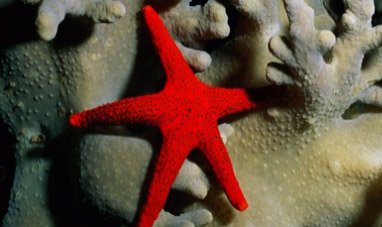

STARFISH


CONSTELLATIONS
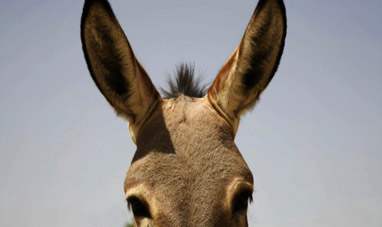

DONKEY
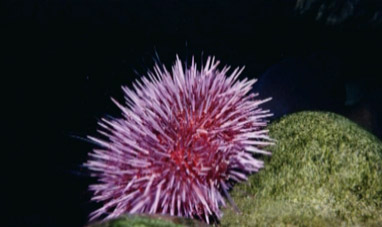

SEA URCHIN


LOTUS PLANT
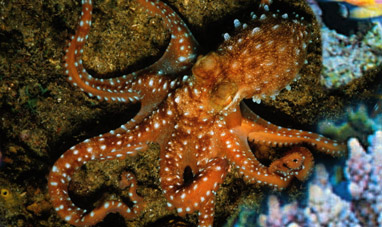

THE OCTOPUS
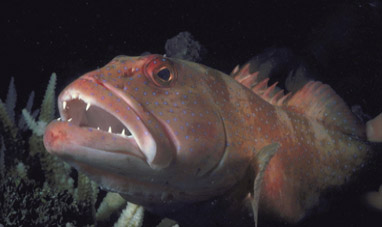

GROUPER
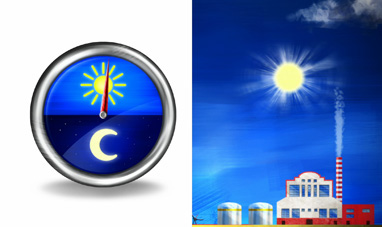

SOLAR THERMAL ENERGY


DEER


CARNIVOROUS PLANTS
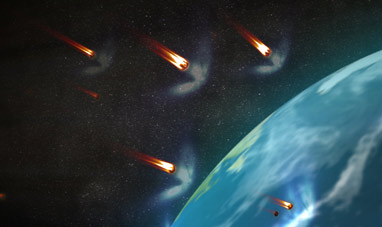

COMETS


LADYBUG
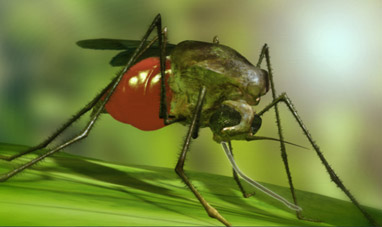

MOSQUITO
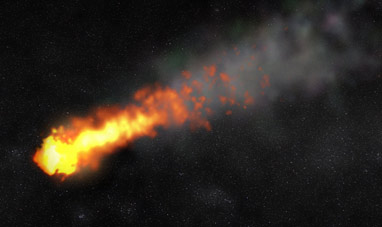

METEORS


THE SKELETON


PARROTT


NATURAL RUBBERS


SHEEP


BIG DATA


FLY
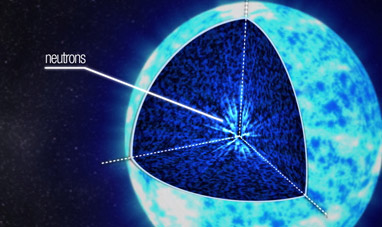

SUPERNOVAS
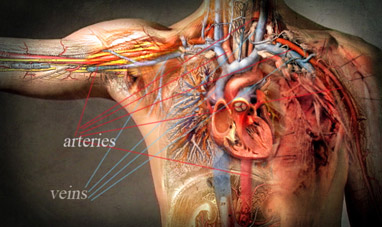

THE CIRCULATORY SYSTEM
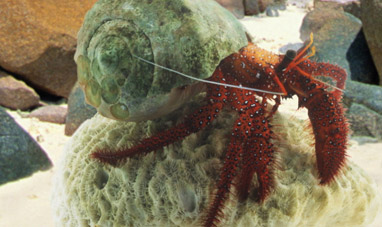

HERMIT CRAB


WOLF
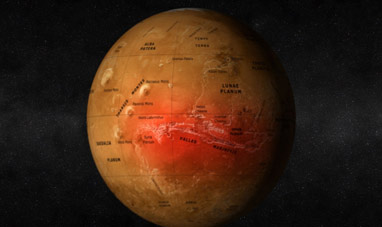

MARS
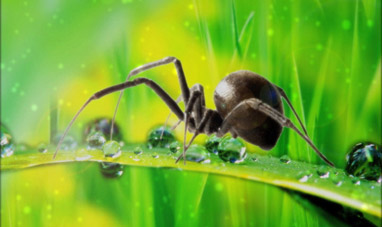

BLACK WIDOW SPIDER


FALCON
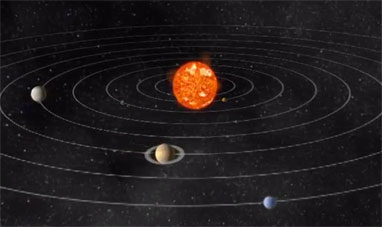

THE SOLAR SYSTEM
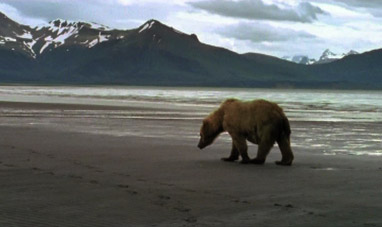

BEAR


DROMEDARY


RAVEN


CROCODILE


TORTOISE
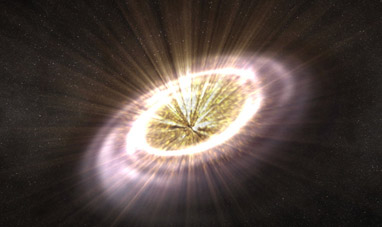

QUASARS
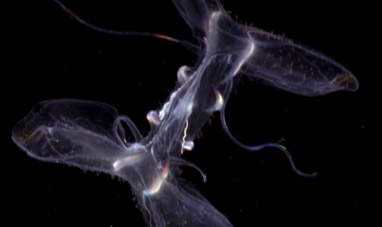

JELLY FISH
